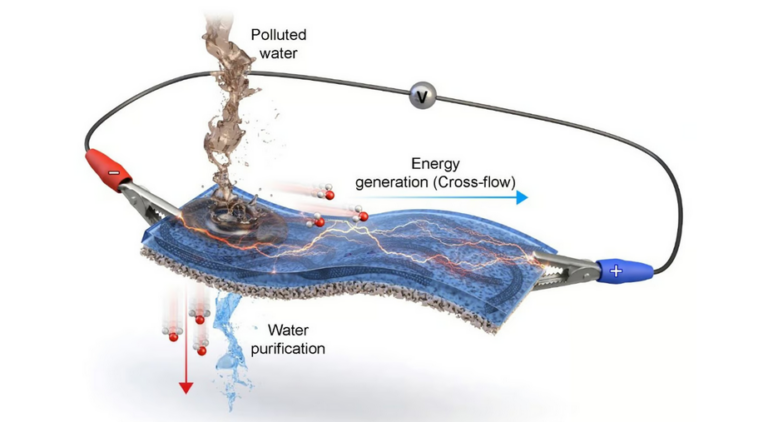In a highly unexpected approach to renewable energy, researchers in Korea have developed a low-cost, easily-manufactured advanced membrane that actually generates electricity as it turns wastewater, seawater or groundwater into drinking water.
A team from the Korea Institute of Science and Technology (KIST) and Myongji University, both located in Seoul, has published a new paper describing an “electricity generation and purification membrane for water recycling.”
“Last of Us” is happening for real, blame Jack Daniels whiskey
The team claims it can reject more than 95% of contaminants smaller than one hundred millionth of a meter in size, including heavy metal particles and the microplastics that are now found in distressing quantities in rainwater from Antarctica to the Tibetan Plateau, rendering it unsafe to drink. It seems to work regardless of the acidity of the water source as well, performing well across a pH range of 1-10.
Read more: New Atlas
Ask me anything
Explore related questions





